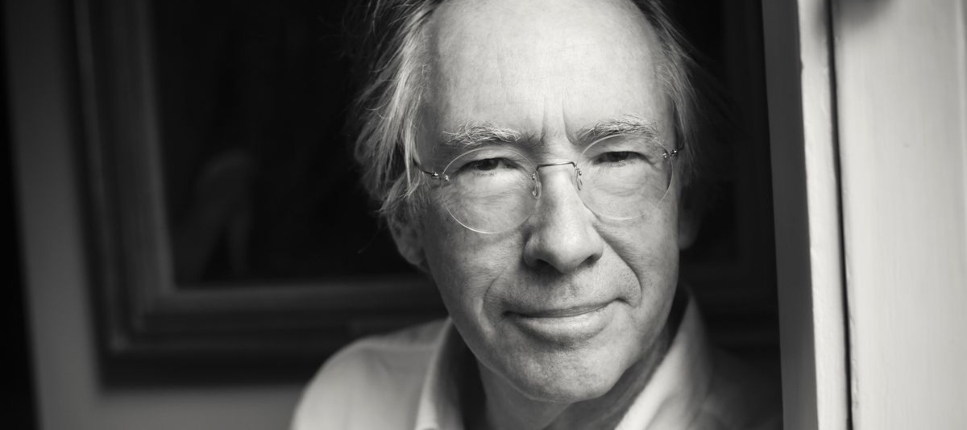TODAY: In 1948, Ian McEwan is born.
- “I think I pulled out a ridiculous number of air potato tubers, like 4000 of them. That was a revelation too.” Jeff VanderMeer and Lili Taylor talk books, birds, and beauty. | Lit Hub
- From Gramercy Park to “Scrabble Corner,” Joshua Jelly-Schapiro on the rich etymologies of place-names. | Lit Hub
- Activist, naturalist, teenager: from the diaries of Dara McAnulty. | Lit Hub
- “Every story should be told with its own unique language, but to find this language is an incredibly difficult task.” Yan Lianke on literature as a link between people, characters, and language. | Lit Hub
- “I’m struck with a terrible longing, unhinged on the inside. I’m reminded that I rarely hear or speak my mother tongue.” Vinh Nguyen on the double loss of a father. | Lit Hub
- Why budding writers should be less precious—and more cutthroat—with their drafts. | Lit Hub
- “We tell our stories, and our stories tell us. They’re a bridge between nature and nurture…” Lauren Fox on the importance of family stories. | Lit Hub
- Charlotte’s Web, Anna Karenina, The Lovely Bones, and more rapid-fire book recs from Sandra Tsing Loh. | Book Marks
- Rafia Zakaria considers the vexing questions raised by Chimamanda Ngozi Adichie’s “powerful yet puzzling” open letter. | The Baffler
- “This is the way most people are in her stories. They look ordinary—but beneath the surface they are inchoate bundles of barely examined intuitions and wild certainties.” Laura Marsh on Janet Malcolm’s America. | The New Republic
- A close reading of one of the most revered poems in the English language, Elizabeth Bishop’s “One Art.” | The New York Times
- “It’s the war that’s savage, not the soldiers.” David Diop discusses the inspiration for his International Booker Prize-winning novel, At Night All Blood Is Black. | The Guardian
- Remembering the work of Detroit’s Charleszetta “Mother” Waddles, revolutionary community activist, cook, and poet. | Atlas Obscura
